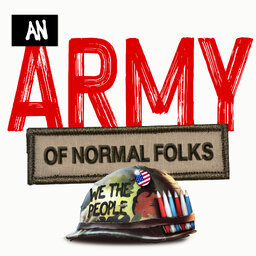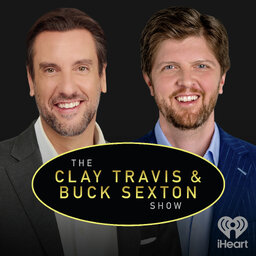Corey Brooks: The Rooftop Pastor (Pt 2)
When a naked and bloody victim of gang violence ran into his Sunday service, Pastor Corey Brooks committed to staying on the rooftop of the motel that was the headquarters of this nonsense until he had enough money to buy it. 94 days later he succeeded and today his $38 million community center is being built there. The Pastor, along with his nonprofit Project Hood, has improved their neighborhood of Woodlawn from Chicago's 3rd most violent one to the 15th. And they're just getting started.
In 2 playlist(s)
An Army of Normal Folks
Our country’s problems will never be solved by a bunch of fancy people in nice suits talking big wor…Social links
Follow podcast
Recent clips
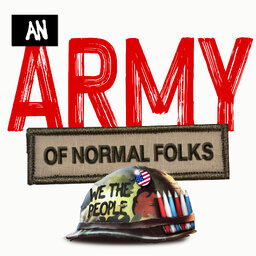
What Happens When You See the Person Everyone Else Ignores
13:15
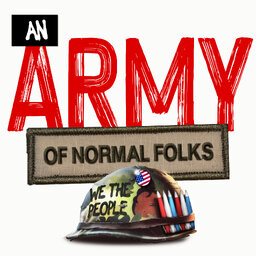
How to Turn Your Spending Into Someone's Second Chance. Or First Chance (Pt 1)
33:45
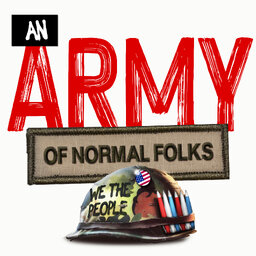
How to Turn Your Spending Into Someone's Second Chance. Or First Chance (Pt 2)
1:14:58
 An Army of Normal Folks
An Army of Normal Folks